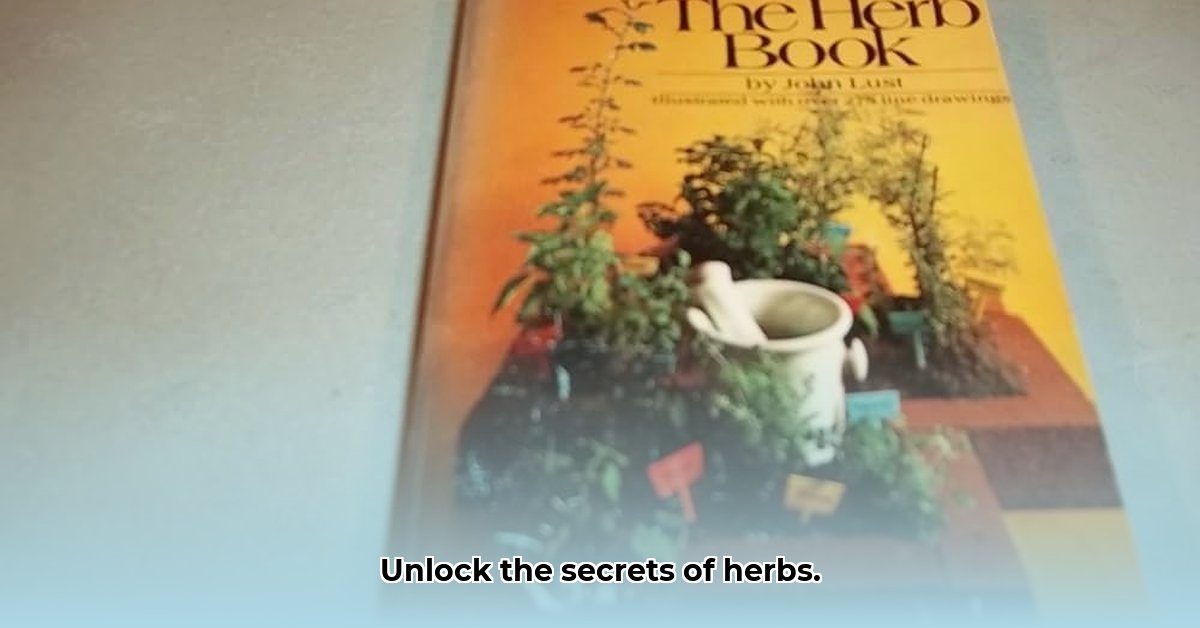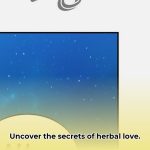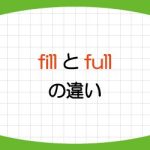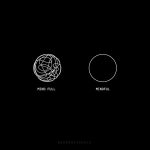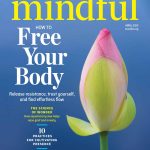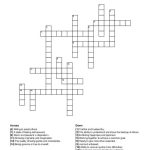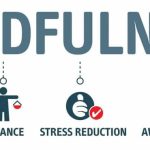Choosing the right herbalism book can be overwhelming. With so many options and promises, how do you know which one is right for you? This guide helps you navigate the selection process, whether you’re a novice or a seasoned herbalist. We’ll compare some of the best herbalism books, ensuring you find one that matches your experience level and helps you build a strong foundation in herbal knowledge. From evaluating author credibility to distinguishing between traditional wisdom and scientific evidence, and even identifying misleading or overly spiritual content, we’ve got you covered. Let’s build your personalized herbal library and connect you with other useful resources, so you can confidently explore the world of herbs. For hair care, consider herbal hair care. Let’s find the perfect book for you!
Herb Book Selection: Navigating the World of Herbal Literature
Finding the perfect herb book requires a strategic approach. With countless options available, each claiming to unlock the secrets of the plant kingdom, how do you pinpoint the one that best suits your needs and experience level? This guide is designed to help you navigate the vast landscape of herbalism literature and make an informed choice. What essential factors should aspiring herbalists consider when selecting their first book, given the sheer volume of available resources?
Key Considerations for Choosing Your Herb Guide
Before diving into the world of herbalism books, keep these crucial factors in mind:
- Author Credentials and Experience: Does the author possess practical experience with herbs? Are they a practicing herbalist, a researcher, or both? Look for credentials such as certifications from recognized herbal schools, degrees in botany or related fields, or a history of published research. A comprehensive bibliography, detailing the sources of the author’s information, is essential. Authors who provide clear citations are generally more trustworthy.
- Balance of Traditional Knowledge and Scientific Evidence: The best herb books integrate time-honored herbal wisdom with contemporary scientific research. Avoid books that rely solely on anecdotal evidence or disregard scientific findings regarding the benefits and risks of specific herbs. Seek books that present a balanced perspective, respecting historical practices while embracing the latest scientific insights. This equilibrium is critical for the safe and effective use of herbs.
- Scope and Depth: Consider the book’s scope. Does it cover a wide range of herbs superficially, or does it delve deeply into a smaller selection? The depth to which it explores each herb—including its chemical constituents, traditional uses, scientific studies, and potential interactions—is also important.
- Clarity and Readability: Is the book written in a clear, accessible style? Can you easily understand the information, even if you don’t have a background in botany or medicine? Look for books that avoid overly technical jargon and provide clear explanations of complex concepts.
- Spiritual Content: A Matter of Personal Preference: Some herb books explore the spiritual, energetic, and cultural dimensions of plants and their uses. Others maintain a strict focus on the scientific aspects of herbalism. Your decision to include books with spiritual content depends on your individual preferences and the type of information you seek.
Herb Book Reviews: A Comparative Overview
Let’s examine several categories of popular herb books, keeping in mind that the market is extensive and caters to diverse levels of expertise:
Beginner-Friendly Herb Guides: Excellent Starting Points
These books typically feature common, easily obtainable herbs. They usually include straightforward instructions for identification, harvesting, preparation, and safe usage. Often enhanced with detailed illustrations and accessible language, they serve as ideal entry points for your herbal journey. They generally avoid complex scientific jargon and concentrate on practical applications. Expect these books to provide fundamental safety guidelines and emphasize responsible herbal practices.
Intermediate Level: In-Depth Herbal Exploration
Once you’ve grasped the fundamentals, intermediate-level books allow you to delve into more advanced techniques and detailed information about particular herbs and their applications. These books may address subjects such as advanced herbal preparations (tinctures, salves, etc.), comprehensive information on select plant families, or therapeutic uses of herbs for specific health conditions. While you may encounter more scientific terminology, the explanations will generally remain clear.
Advanced Herbal Texts: For Dedicated Herbalists and Researchers
Aimed at serious herbalists and researchers, advanced texts focus on detailed scientific studies of herbs. Expect technical jargon, detailed chemical analyses, and clinical research on specific herbs and their effects. These books are invaluable resources for researchers and those seeking an in-depth understanding of the scientific underpinnings of herbalism. They may lack the practical applications found in beginner books but offer a wealth of in-depth scientific knowledge.
Books to Approach with Caution: Red Flags
Unfortunately, not all herb books are reliable. Be wary of books that:
- Make Exaggerated or Unsubstantiated Claims: Be cautious of books that make bold promises without providing scientific evidence to support them.
- Lack Scientific Support: A book that dismisses or ignores existing scientific research should raise concerns.
- Overemphasize Spiritual Aspects at the Expense of Practical Information: While spirituality can be an integral part of herbalism for some, books that focus primarily on spiritual uses may not offer the practical information needed for safe and effective herbalism.
- Are Written by Authors with Questionable Credentials: Look for authors with verifiable qualifications and experience in herbalism or related fields.
- Promote Herbal Remedies as a Substitute for Conventional Medical Care: Herbal remedies can be a valuable complement to conventional medicine, but they should not be used as a replacement for it without consulting a qualified healthcare professional.
Building Your Herbal Library: A Systematic Approach
Constructing a comprehensive herbal library is a gradual process. Here’s a recommended approach:
- Establish a Foundation: Begin with a beginner-friendly herb book to establish a basic understanding of herbalism.
- Explore Specific Interests: Once you feel comfortable, add books that delve deeper into areas of personal interest, such as herbal remedies for specific health conditions, advanced preparation techniques, or the herbal traditions of different cultures.
- Expand Your Knowledge: As your knowledge expands, consider adding more specialized books that cover topics like herbal cultivation, medicinal plant identification, or the chemistry of herbal constituents.
- Curate Your Collection Wisely: Avoid the temptation to buy every herb book you encounter. Carefully select books that align with your current knowledge level, interests, and goals.
Beyond Books: Supplementing Your Herbal Education
Don’t confine your learning to books alone! Explore these additional resources:
- Formal Herbalism Courses: Many reputable institutions and herbal schools offer comprehensive courses in herbal medicine, both online and in person.
- Workshops and Seminars: Hands-on learning can be invaluable for mastering herbal skills, such as plant identification, harvesting, and preparation.
- Reputable Online Resources: Many reliable websites and blogs offer accurate and up-to-date information on herbalism. Always verify the source’s credibility before accepting information as fact.
- Herbal Conferences and Events: Attending herbal conferences and events is a great way to learn from experts, connect with other herbal enthusiasts, and stay abreast of the latest developments in the field.
- Mentorship Programs: Connecting with an experienced herbalist through a mentorship program can provide invaluable guidance and support as you develop your herbal skills.
Frequently Asked Questions (FAQ)
- Q: How do I assess a book’s credibility? A: Assess the author’s qualifications and experience, examine the book’s citations and bibliography, and evaluate the balance of traditional and scientific information presented.
- Q: What if a book presents spiritual viewpoints that I don’t align with? A: Select books that resonate with your personal values and beliefs.
- Q: How many herb books should I own? A: Start with one or two that address your immediate needs and gradually expand your collection as your knowledge and interests grow.
- Q: Are online herbalism courses worth the investment? A: Reputable online courses can provide a structured and comprehensive learning experience, but it’s essential to research the instructor’s qualifications and the course curriculum before enrolling.
Note: Always seek the counsel of a qualified healthcare provider before using herbs for medicinal purposes. Responsible herbal use is paramount. Enjoy your exploration of the fascinating world of herbalism! What precautions can aspiring herbalists take to ensure they are using herbs responsibly and safely, considering the potential risks involved?
- Full Mindedness Overloads Your Mind, Stealing Your Peace and Focus - January 23, 2026
- Mindful vs Mind Full How to Quiet Your Overactive Brain - January 22, 2026
- Mind Full Thinking Creates An Overwhelmed And Anxious Brain - January 21, 2026
